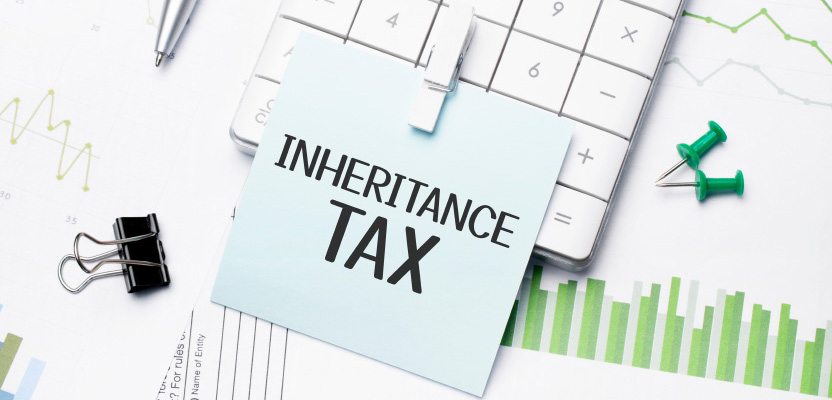Introduction
This is one of a series of articles about wills and probate. You can find an overview of the probate process and an explanation of terms used in respect of probate in the first article of this series.
This article provides information on how to work out whether inheritance tax needs to be paid on the estate of a deceased person.
Assess whether the estate is excepted or exempt
The executors need to determine whether the estate qualifies as 'excepted', 'exempt' or neither. If neither, tax will be payable.
It is the value of the ‘gross’ estate that is important for calculating inheritance tax payable. The gross estate can include the value of gifts made and income received from trusts during the lifetime of the deceased, if those gifts or that income would be chargeable to inheritance tax.
An excepted estate is one where the gross estate value for inheritance tax does not exceed the excepted estates limit set by HMRC (currently linked to the IHT threshold).
An exempt and excepted estate is one where:
- the gross value of the estate is less than £1,000,000 in total; and where
- the value of the estate is less than the excepted estates limit after deducting the value of the part of the estate that is passed to the deceased’s spouse or civil partner (who must be domiciled in the UK) or to a charity.
In other words, if the value of an estate is greater than the excepted estates limit, it may still not qualify for inheritance tax if the majority of the value is passed to a husband or wife or to a charity.
Additionally, all of the following conditions must apply:
- The total chargeable value of 'specified transfers' does not exceed £150,000.
- Gifts of land or buildings have been made only to individuals and not to trustees of a trust or to a company. Gifts have not exceeded £150,000 in chargeable value.
- If the estate for inheritance tax purposes includes assets held in trust, there is only one trust and the chargeable value does not exceed £150,000. The value limit is waived if the estate is an exempt and excepted estate.
- The total gross value of foreign assets does not exceed £100,000.
- The deceased did not give away any property whilst retaining the benefit of it.
- The deceased elected that the income tax charges should not apply to: assets they previously owned in which they retained a benefit; or assets to which they contributed to the purchase price in which they retained a benefit.
- The deceased did not benefit from an alternatively secured pension fund.
- The deceased did not benefit under a registered pension scheme where: the benefit was unsecured; and they became entitled to the benefit as a relevant dependant of a person who died aged 75 or over.
To qualify as 'specified transfers', the assets given away can only be:
- cash
- shares listed on a recognised stock exchange
- personal possessions
- real property - land and buildings
A gift of real property only qualifies as a specified transfer if it was an outright gift between individuals. If the gift was to a trust or a company, or the deceased retained any kind of benefit from the property, it does not qualify as a specified transfer.
More information
We have a number of articles on probate that you should find useful to read. We also have another series on wills that provides much background information for anyone interested in probate.
As a reminder, if you don’t currently have a will yourself, or if it is a long time since you did, you might like to make one. To help, we provide a number of free wills for download with no catches or conditions. Just visit our library and choose the most suitable last will and testament template.
If you need any help choosing, just contact us.

